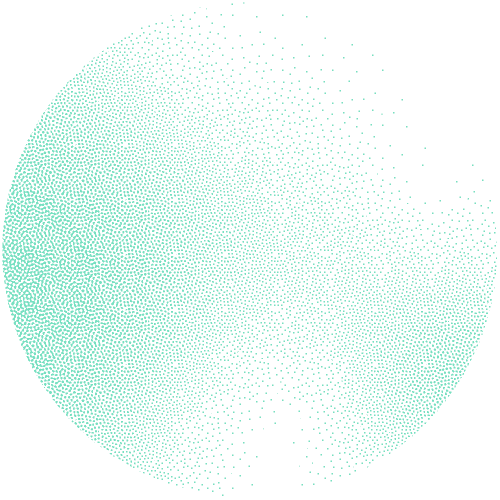ATGCCGGAATTGGCACATAACAAGTACTGCCTCGGTCCTTAAGCTGTATTGCACCATATGACGGATGCCGGAATTGGCACATAACAAGTAC
TGCCTCGGTCCTTAAGCTGTATTGCACCATATGACGGATGCCGGAATTGGCACATAACAACGGTCCTTAAGCTGTATTGCACCATATGACG
GATGCCGGAATTGGCACATAACAAGTACTGCCTCGGTCCTTAAGCTGTATTTCGGTCCTTAAGCTGTATTCCTTAACAACGGTCCTTAAGG
ATGCCGGAATTGGCACATAACAAGTACTGCCTCGGTCCTTAAGCTGTATTGCACCATATGACGGATGCCGGAATTGGCACATAACAAGTAC
TGCCTCGGTCCTTAAGCTGTATTGCACCATATGACGGATGCCGGAATTGGCACATAACAACGGTCCTTAAGCTGTATTGCACCATATGACG
GATGCCGGAATTGGCACATAACAAGTACTGCCTCGGTCCTTAAGCTGTATTTCGGTCCTTAAGCTGTATTCCTTAACAACGGTCCTTAAGG


Introduction to Glycoinformatics - Learning by doing



09 May 2024

09 May 2024




For-profit: 0 CHF
Overview
The next frontier in understanding protein function is deciphering the “PTM code”. Glycosylation as the most variable posttranslational modification complicates the picture with its own challenging glycocode borne by eukaryotic surface glycoconjugates or microbial membrane polysaccharides. The ability of lectins to non-covalently bind glycans makes these proteins the key readers of information encoded by glycans. The roles of glycans and glycoconjugates are manifold and revealed in various medical, biochemical and biotechnological applications. Glycoinformatics provides useful means to browse, search, analyse and visualise information relative to the molecular entities involved in glycosylation. A selection of relevant resources will be presented during the course with a broad variety of use cases, ordered in levels of difficulty.
Audience
This course is intended for life scientists (students, postdocs, researchers) with minimal knowledge of proteins as well as glycobiologists
Learning outcomes
At the end of the course, the participants are expected to:
- Have raised their awareness of the range and purposes of glycoinformatics resources
- Manage navigation in specialised glycoinformatics resources
- Have grasped the specificity of glycan-mediated protein-protein interactions
- (for advanced users only) Manage SPARQL queries for fine detail information extraction
Prerequisites
Knowledge / competencies
This course is designed as a progression in acquiring skills in glycoinformatics starting with beginner level (Tutorial 1 to 3) and gradually accommodating advanced users (Tutorial 4 and 5). It can be joined at any stage.
Schedule - CET time zone
| Time | Topic |
|---|---|
| 9:00-9:45 | Lecture: general introduction in glycoinformatics |
| 9:50-11:00 | Tutorial 1: from experimental (mass spectrometry) data to interpreted glycomes (GlycoPOST, GlyTouCan, GlyConnect, Compozitor) |
| 11:15-12:30 | Tutorial 2: Exploring glycome and glycoproteome data in GlyConnect |
| 13:15-14:30 | Tutorial 3: Exploring lectome profiles in UniLectin |
| 14:40-16:00 | Tutorial 4: A unified view from GlyConnect to UniLectin and back, via glycan epitopes |
| 16:10-17:00 | Tutorial 5: Advanced queries with SPARQLSweets |
Application
This course is full with a long waiting list and application is closed.
You will be informed by email of your registration confirmation.
Please note that participation in SIB courses is subject to our general conditions.
Venue and Time
This course will be streamed.
The course will start at 9:00 and end around 17:00. Precise information will be provided to the participants in due time.
Additional information
Coordination: Grégoire Rossier
You are welcome to register to the SIB courses mailing list to be informed of all future courses and workshops, as well as all important deadlines using the form here.
Please note that participation in SIB courses is subject to our general conditions.
SIB abides by the ELIXIR Code of Conduct. Participants of SIB courses are also required to abide by the same code.
For more information, please contact training@sib.swiss.